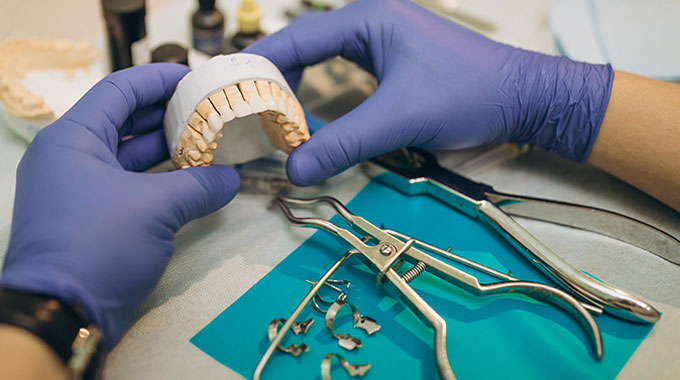
Biological dentistry, also known as holistic or integrative dentistry, focuses on the connection between oral health and the overall well-being of the body. This approach takes into account not only the teeth and gums but also considers how dental treatments and materials can impact the entire system. From avoiding mercury fillings to using natural toothpaste, biological dentistry offers a more natural and holistic approach to oral care. Let's explore some of the essentials of the best biological dentistry.
Mercury-Free Fillings
One of the key principles of biological dentistry is the avoidance of mercury fillings, also known as dental amalgam. Traditional silver fillings contain about 50% mercury, a toxic heavy metal that has been linked to various health issues. Biological dentists opt for safer alternatives, such as composite resin or porcelain, to fill cavities and restore teeth.
Benefits of Mercury-Free Fillings
- Eliminates exposure to toxic mercury
- Biocompatible and safe for the body
- Natural-looking and aesthetically pleasing
- Does not expand and contract with temperature changes
Natural Toothpaste
Conventional toothpaste often contains artificial ingredients like fluoride, sodium lauryl sulfate, and artificial sweeteners. In contrast, natural toothpaste is made from organic and plant-based ingredients that are gentle on the teeth and gums. Biological dentists recommend natural toothpaste to promote oral health without the use of potentially harmful chemicals.
Ingredients in Natural Toothpaste
- Essential oils like peppermint and tea tree for freshness
- Xylitol or stevia for natural sweetness
- Baking soda for gentle cleaning and whitening
- Coconut oil for its antimicrobial properties
Biocompatible Materials
Biological dentistry emphasizes the use of biocompatible materials that are compatible with the body's natural systems. This includes dental crowns, bridges, and implants made from materials like zirconia, ceramic, or composite resin. By avoiding metal-based materials and opting for biocompatible alternatives, biological dentists aim to reduce the risk of allergic reactions and promote overall health.
Examples of Biocompatible Materials
- Zirconia: A durable and natural-looking material for crowns and bridges
- Ceramic: A metal-free option for restorations that mimic the appearance of natural teeth
- Composite resin: A versatile material for fillings and bonding that bonds well with the tooth structure
Nutritional Counseling
Biological dentists recognize the importance of nutrition in maintaining optimal oral health. They offer nutritional counseling to educate patients on the impact of diet on dental health. By promoting a diet rich in essential nutrients and low in sugar and processed foods, biological dentists help patients prevent tooth decay, gum disease, and other oral health issues.
Key Nutrients for Oral Health
- Calcium and Vitamin D for strong teeth and bones
- Vitamin C for healthy gums and collagen production
- Omega-3 fatty acids for reducing inflammation and supporting gum health
- Probiotics for maintaining a healthy balance of oral bacteria
Ozone Therapy
Ozone therapy is a natural treatment used in biological dentistry to combat oral infections and promote healing. Ozone gas is applied to the affected area to kill bacteria, viruses, and fungi, without the need for antibiotics or harsh chemicals. This non-invasive therapy can help prevent cavities, treat gum disease, and support overall oral health.
Benefits of Ozone Therapy
- Kills harmful oral bacteria and pathogens
- Stimulates blood flow and promotes healing
- Reduces the need for antibiotics and chemicals
- Minimally invasive and painless treatment option